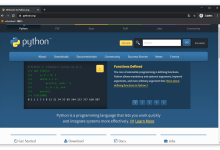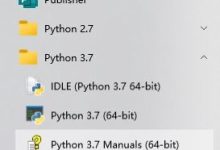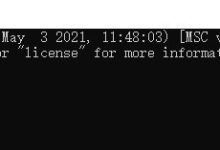本节介绍了 Python3 中的内置函数以及调试的两种方法。
| 内置函数 | ||||
|---|---|---|---|---|
| abs() | dict() | help() | min() | setattr() |
| all() | dir() | hex() | next() | slice() |
| any() | divmod() | id() | object() | sorted() |
| ascii() | enumerate() | input() | oct() | staticmethod() |
| bin() | eval() | int() | open() | str() |
| bool() | exec() | isinstance() | ord() | sum() |
| bytearray() | filter() | issubclass() | pow() | super() |
| bytes() | float() | iter() | print() | tuple() |
| callable() | format() | len() | property() | type() |
| chr() | frozenset() | list() | range() | vars() |
| classmethod() | getattr() | locals() | repr() | zip() |
| compile() | globals() | map() | reversed() | __import__() |
| complex() | hasattr() | max() | round() | |
| delattr() | hash() | memoryview() | set() |
Python 调试方法
1、print
print('here')
# 可以发现某段逻辑是否执行
# 打印出变量的内容2、assert
assert false, 'blabla'
# 如果条件不成立,则打印出 'blabla' 并抛出AssertionError异常3、debugger
可以通过 pdb、IDE 等工具进行调试。
调试的具体方法这里不展开。
Python 中有两个内置方法在这里也很有帮助:
- locals: 执行 locals() 之后, 返回一个字典, 包含(current scope)当前范围下的局部变量。
- globals: 执行 globals() 之后, 返回一个字典, 包含(current scope)当前范围下的全局变量。

 国外主机测评 - 国外VPS,国外服务器,国外云服务器,测评及优惠码
国外主机测评 - 国外VPS,国外服务器,国外云服务器,测评及优惠码













